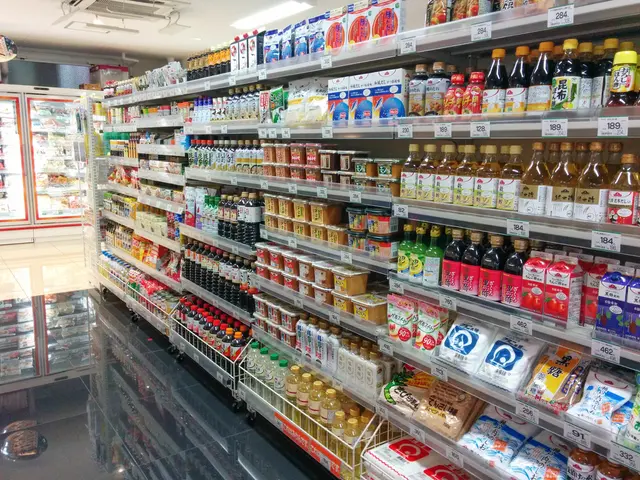Speedier development on the southern segment of the Rail Baltica project in Latvia gathers momentum.
The construction of the Rail Baltica high-speed line is making significant strides near Iecava, southern Latvia, with the ongoing work on the rail embankment signaling a critical step towards connecting the Baltic states to the wider European rail network. Concurrently, activity has been escalating at the nearby Iecava Infrastructure Maintenance Facility (IMF), a 16-hectare site that serves as a crucial logistics and operations hub during the construction of the southern mainline between Misa and the Lithuanian border.
Current tasks involve building the embankment, constructing access roads, and carrying out earthworks, such as removing topsoil, excavation, and the layering of the railbed. Additionally, preparations are underway for the temporary offices of the mainline contractor, JV ERB Rail, with 16 modular office units already delivered and being fitted out.
Atis Švinka, Latvia's Minister of Transport, commented on the momentum, stating, "It is important for us to demonstrate to both the public and the European Commission that we have moved from words to action." In recent weeks, the focus has shifted towards clearing unexploded ordnance, removing tree stumps, and preparing the substructure. The subsequent phase will entail installing culverts, upgrading drainage systems, and demolishing existing buildings.
Progress on Rail Baltica is not confined to Latvia; the project is advancing across the Baltic states. In Estonia, major contracts for the mainline have been finalized, marking the country's largest infrastructure agreements to date. Two international consortia will build key sections of the railway, while a separate contract has been signed for the Ulemiste passenger terminal in Tallinn.
Lithuania is also on track to meet its 2025 targets, with the amount of railway under construction set to double, and construction underway on the region's longest railway bridge. Work continues on the Kaunas - Latvia section, while planning for the link to Poland is in progress.
Rail Baltica is one of Europe's largest high-speed rail projects, part of the Trans-European Transport Network. Its ultimate goal is to improve connectivity, strengthen regional security, and support economic growth in the Baltic states. Once completed, the new railway will link Estonia, Latvia, and Lithuania with Poland and indirectly with Finland, as well as with the broader European rail network.
Rail Baltica will be fully electrified with a standard gauge of 1435 mm and will be equipped with ERTMS (European Rail Traffic Management System). Designed to meet European standards, it has a planned design speed of 249 km/h, significantly reducing travel times between the Baltic states and major European cities. The project will serve as a modern infrastructure for passenger, freight, and military mobility, promoting accessibility and facilitating business, tourism, and cultural exchange.
RB Rail AS, a multinational joint venture between Estonia, Latvia, and Lithuania, is leading and coordinating the implementation of the Rail Baltica Global Project. For more information on the Rail Baltica global project, visit www.railbaltica.org.
The business aspect of the Rail Baltica project is vital, as it aims to support economic growth in the Baltic states by facilitating seamless transportation of goods and passengers, thus boosting trade and tourism. This, in turn, could stimulate the finance sector and attract investment within the transportation industry.
The completion of Rail Baltica will not only connect the Baltic states with Poland and Finland, but also integrate them into the wider European rail network, thereby opening up opportunities for cross-border businesses and regional collaboration.








